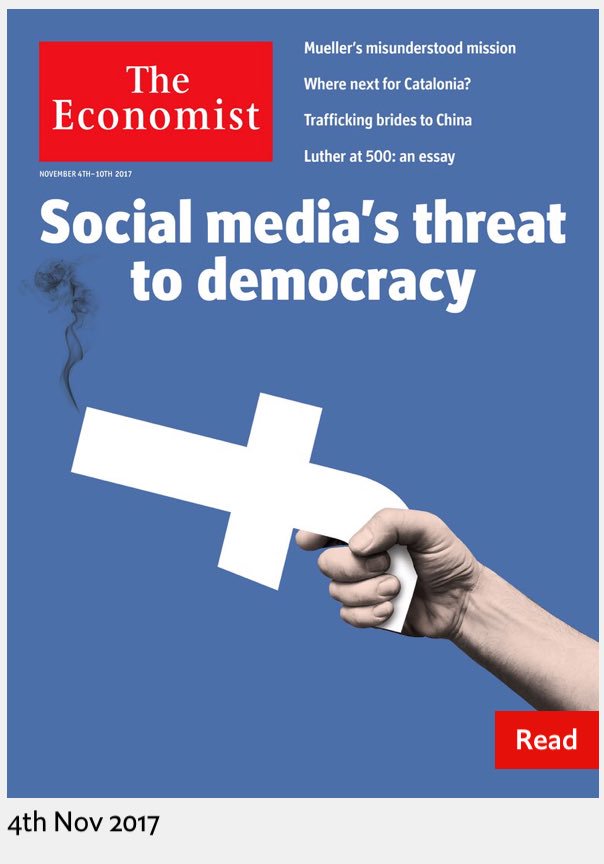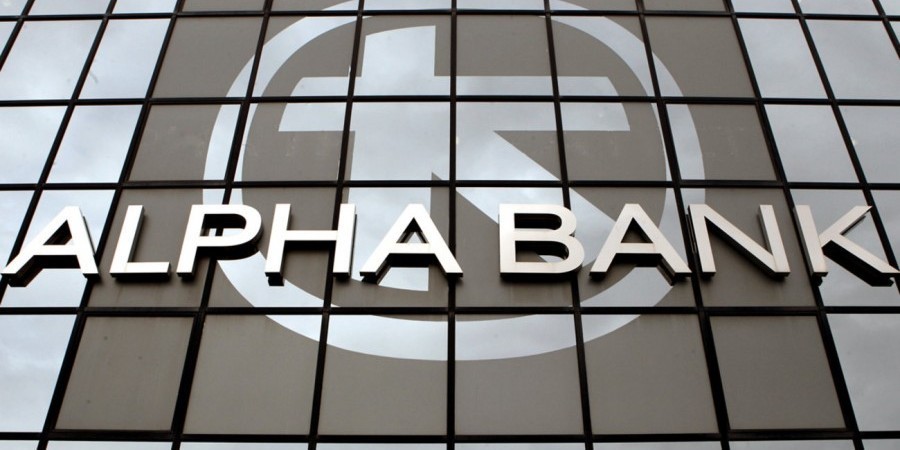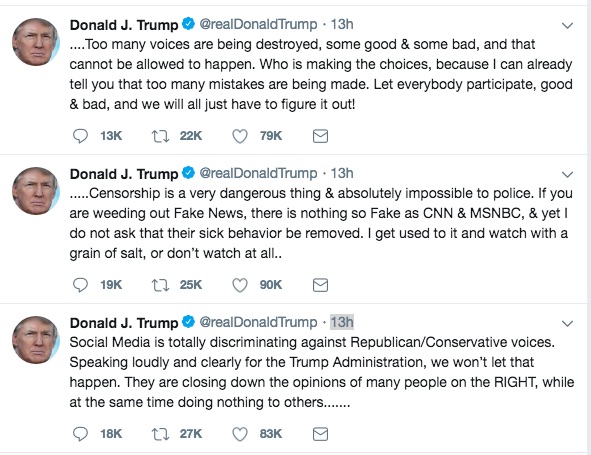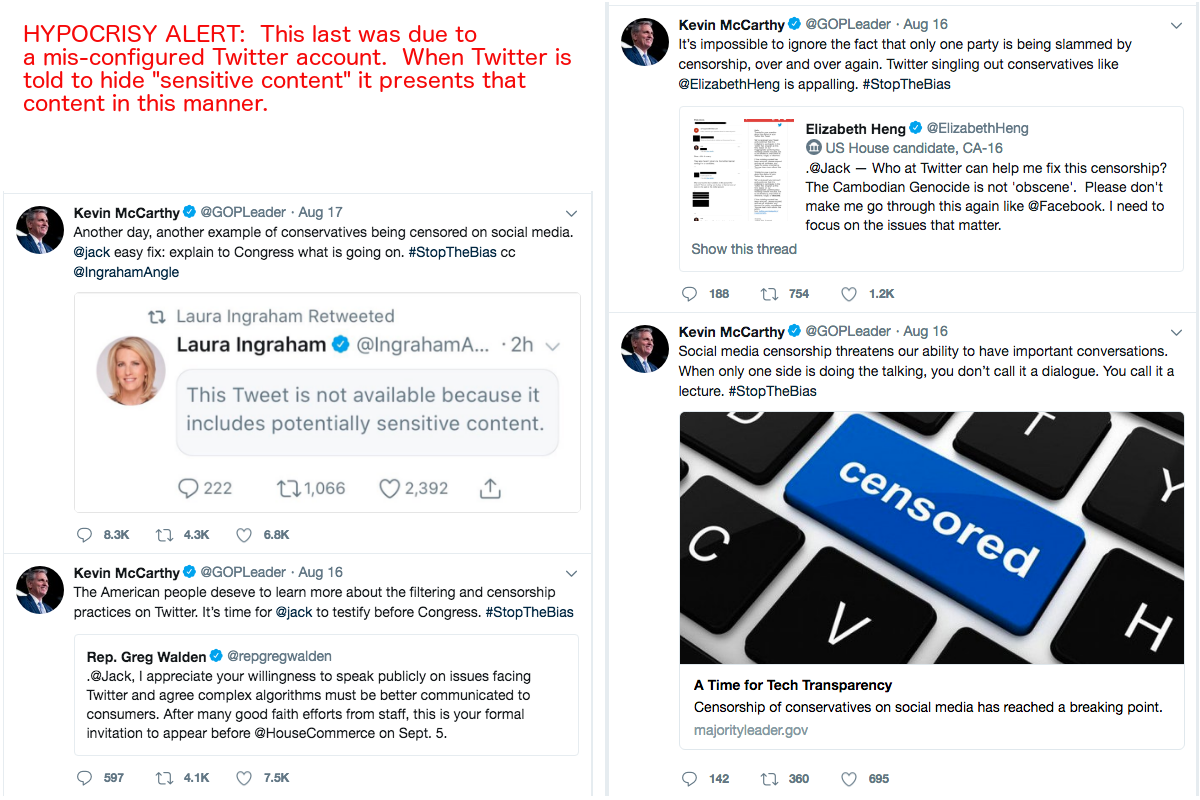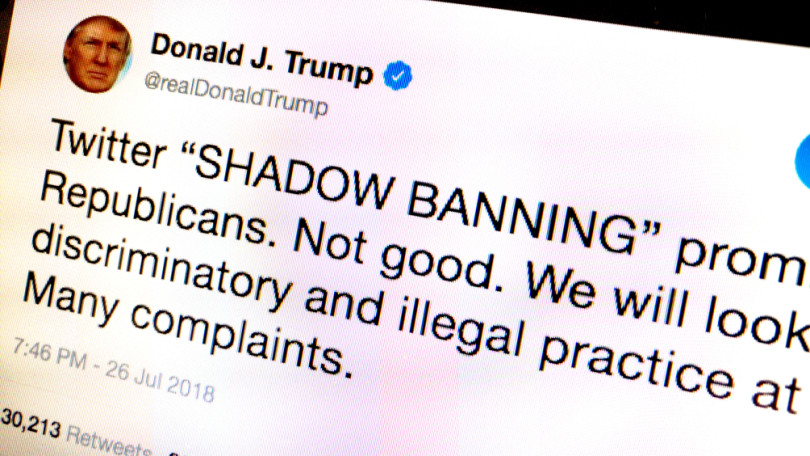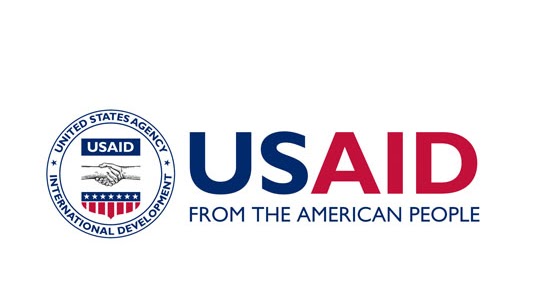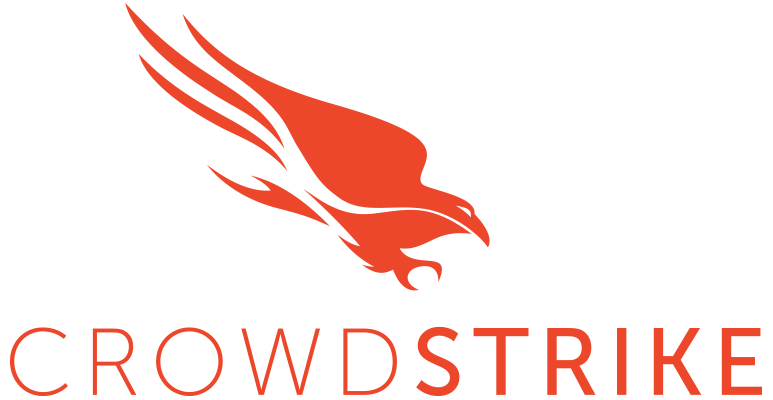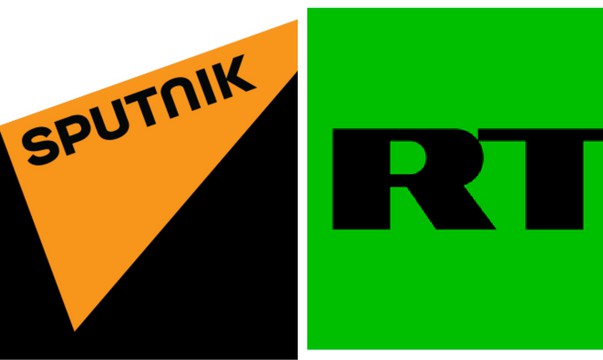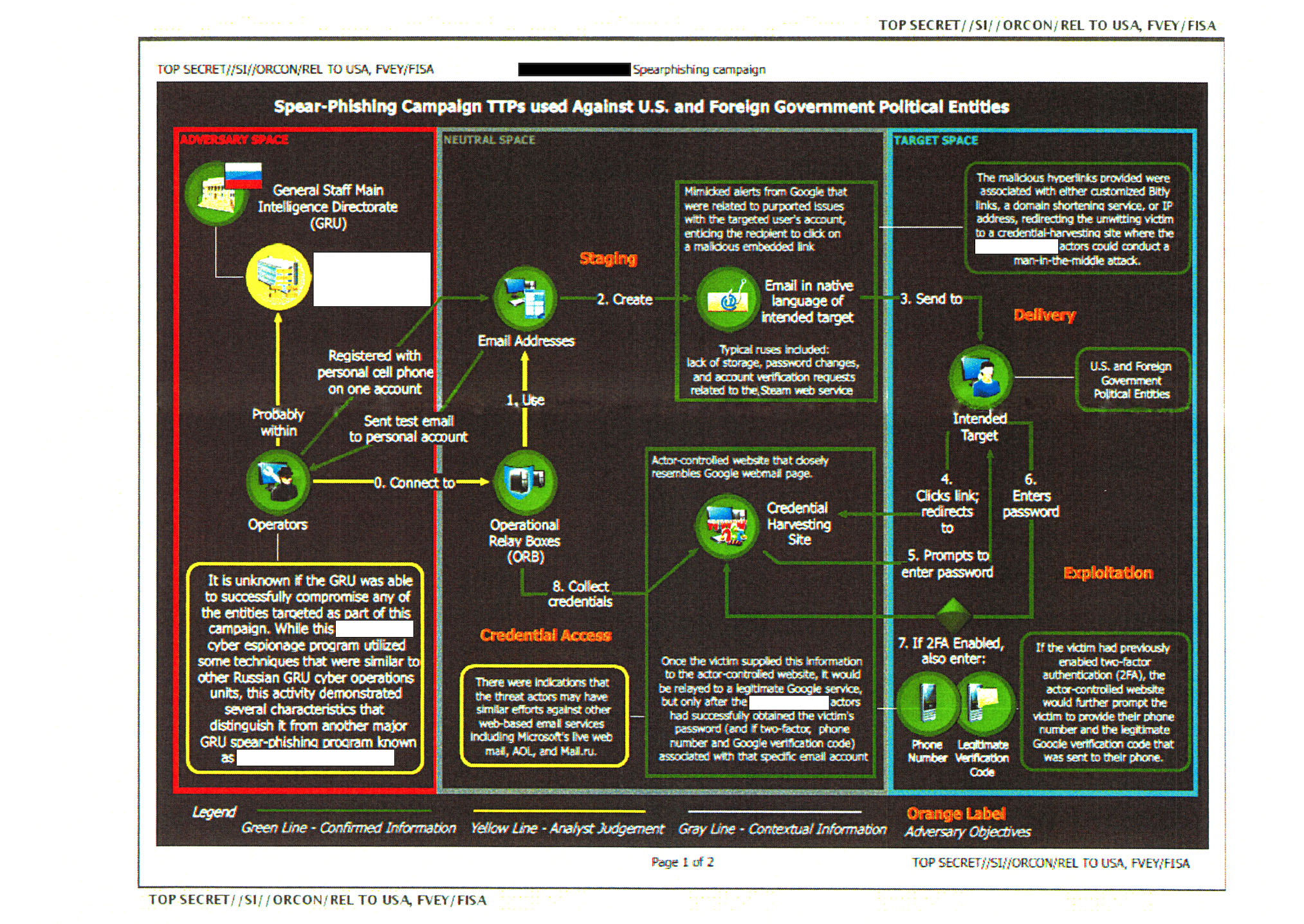(2017-06-04T21:00:00.000Z) If you control what the population believes is true, you can control what that population does. Propagandists have known this for generations. The rise of Nazi Germany was due to "weaponized" misinformation. The Nazi Party owned newspapers that churned out fake news, the Party pushed all kinds of lies including Racial Lies, and ruthlessly squashed any dissenters. In the current time period we're being told that Russia has weaponized a system of social media accounts, websites pushing fake news, and on and on, for the purpose of manipulating elections around the world, and weakening international organizations like the EU and NATO.
I believe that Russia is doing that kind of thing, because Russia has for ages pushed Propaganda. The Russian newspaper "Pravda" (the word Pravda means Truth) famously was full of lies every day. Pravda is still in exactly that business, and other news outlets owned by the Russian Government, like Sputnik News and RT News, also push a highly slanted view of the world (everything Russia does is enlightened, everything the West does is clueless and harmful). Russia's motive? To get NATO off its back without fighting an open war. An information war is the ticket, but the casualty is the sense of Truth we all need.
By determining the scope of information we get as answers to questions, search engines have a lot of power to shape what the population believes.
The game that's on is about controlling what the population believes is the Truth. Governments do it to push policy goals, businesses do it to earn more money, activists might do it to push their cause, and so on.
Russia isn't the only participant in spewing fake news into the world. We're being told The Russians are doing it, and they almost certainly are. But that idea is being pushed to the exclusion of others who are using similar mechanisms. What's the goal being served by pushing "The Russians are doing it" while failing to recognize the techniques are used across governments and industries?

